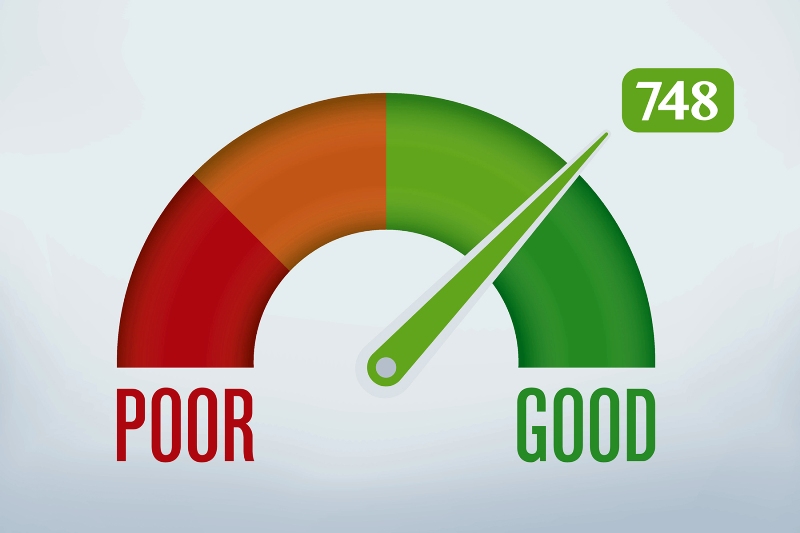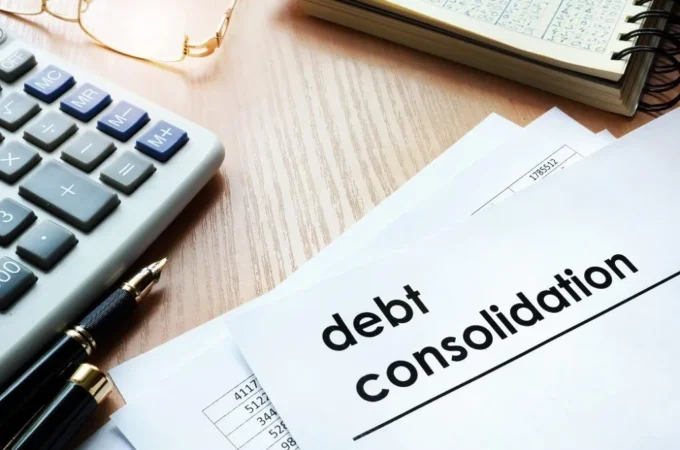
3 Important Things to Know About Credit Scores for RV Financing
Managing your credit carelessly can present lots of challenges throughout your life, especially if you want to make a purchase as huge as RV Financing. As with most investments, without a strong credit score, financing an RV can range from difficult to impossible.
In this article, we’ll explain how credit scores affect RV financing. That said, here are three important things you should know about your credit score before financing an RV:
Lenders review your credit history

Before approving a loan request, banks and other lenders will usually review a consumer’s credit history before deciding whether or not the consumer qualifies for the loan. If your credit score is high, there’s a good chance that your loan request will be approved.
Conversely, having a low credit score can greatly reduce your chances of getting approved by a creditor.
Credit scores typically range from zero to 850, and they’re classified into five categories:
- Exceptional: 800–850
- Very Good: 740–799
- Good: 670–739
- Fair: 580–669
- Poor: 579 and lower
If you plan on applying for an RV loan, try building a credit score that falls somewhere between 700 and 850 as most creditors prefer credit scores that fall in this range.
Your credit score can determine your interest rates
Having a high credit score speaks volumes about how responsibly you manage your credits and how diligently you repay your debts.
This kind of reputation can save you a lot of money when you’re applying for an RV loan, especially because your credit score will put you in a good position to negotiate the best possible interest rates.
On the other hand, having a bad credit score could get you ridiculously high-interest rates on your RV loan. And that’s if you even qualify for the loan.
Credit reports contain several types of information

Your credit report contains a lot of information about you that can be grouped into four distinct categories: personal identification information, credit account history, credit inquiries, and public records.
The personal identification section contains only bits of information that can be used to identify you, such as your name, Social Security Number, phone numbers, past and current addresses, employment information, etc.
Your personal identification information does not affect your credit score; it is only used for identification purposes.
Your credit account history, however, constitutes a significant percentage of your credit score calculation. This section contains information about every account you’ve opened with lenders, the type of account you opened, and the dates you opened them.
It also contains information about the loan amounts you’ve borrowed, your payment history, and the payment status of the loans.
The credit inquiries section includes a list of everyone who has accessed your credit report in the last two years. This section can be grouped into two categories: soft inquiries and hard inquiries.
Soft inquiries, such as requesting to see your credit report, will not affect your credit score. However, hard inquiries, such as applying for a loan, will have some effect on your credit score.
The final section, public records, contains information regarding bankruptcies, tax liens, overdue payments, and any monetary judgments you may have incurred.
Final thoughts
Having a poor credit score can be very discouraging, particularly if you want to apply for an RV loan. However, having a poor credit score doesn’t necessarily mean the end of the world for you.
By paying your bills and debts early, managing your credits wisely, and spending moderately, your credit score should improve significantly with time.




